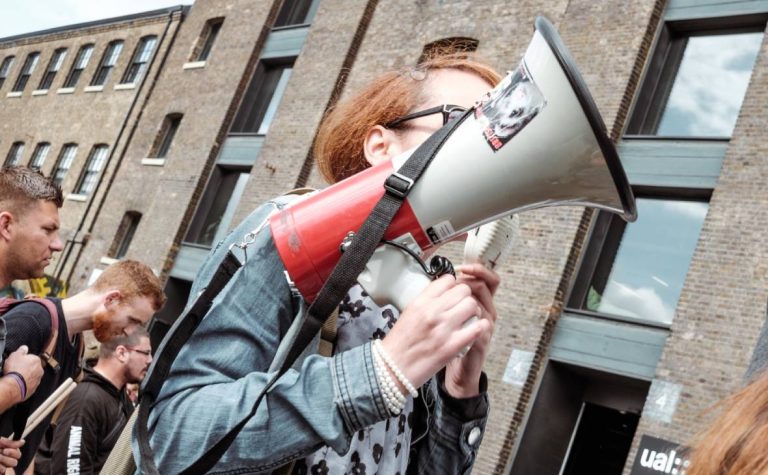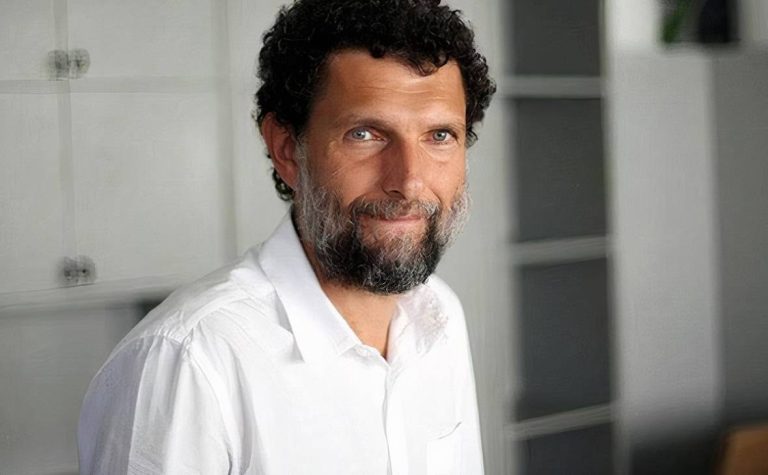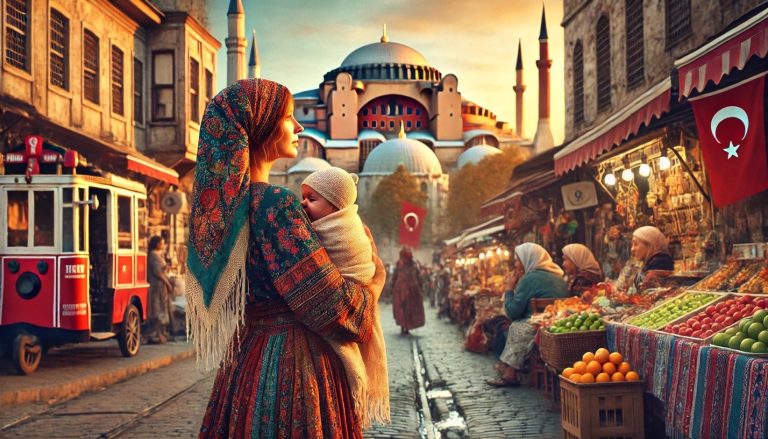The streets of Istanbul were always alive with activity. A vibrant mix of sounds, smells and people is what makes Istanbul special. For Elena, a Greek woman who later became one of Turkey’s wealthiest, this vibrant city was both home and a place of immense struggle. Known as Elena in this story for anonymity, she spent decades behind the counter of her husband’s businesses, managing relationships, facing prejudice and enduring the weight of family tensions and societal expectations.
Elena, born in the 1950s to Greek parents in Istanbul, met her husband when she was a young woman. Despite their unusual backgrounds—he, a Muslim man from a religious family, and she, a Christian Greek woman. The two fell deeply in love.
However, their relationship and their marriage were a challenging one from the outset. Elena was forced to adopt a Turkish name and convert to Islam to legitimize their marriage in the eyes of her husband’s family and Turkish society. This was a painful loss of identity for Elena, who had grown up proud of her Greek Orthodox heritage. “It wasn’t just a name or a religion,” she would later say. “It was a part of me, and I had to give up to be with the man I loved.”
Elena’s husband had already been married once by religious marriage to his first wife. This earlier marriage had produced numerous children, and they become central figures in the drama that unfolded after his union with Elena.
From the outset, Elena’s presence created friction. While her husband admired her intelligence, grace and resilience, his first wife’s family viewed Elena with suspicion and disdain. Her Greek Orthodox background made her an outsider in their eyes, and they often referred to her in derogatory terms like “gavur” and “Rum.”
Elena worked tirelessly to support her husband’s businesses and often stepped in to manage affairs when her husband’s health faltered. Despite her contributions, she faced resistance from her husband’s first family, particularly his sons from his earlier marriage. They openly expressed their disdain for her and accused her of disrupting their family and inheritance.
“They saw me as someone who didn’t belong,” Elena later said. “To them, I wasn’t just a second wife; I was a Christian interloper who had no right to share their father’s wealth or legacy.”
The darkest chapter of Elena’s life came with her first pregnancy. Threats from the first wife’s children escalated to dangerous levels, and the stress became unbearable for Elena. Elena had to end the pregnancy because she was fearing for her safety and that of her unborn child. “It was a decision I’ll carry with me forever,” she later admitted, “They took something from me that I can never get back.”
The loss didn’t break her, though. Instead, it strengthened her resolve to protect what she still had: her love for her husband. Elena thought the birth of her daughter would be a moment of light amid years of darkness. However, the hostility by the first wife’s children intensified after the birth of her daughter. In fact, fearing for their safety, Elena fled to her family in Greece often during her pregnancy. For decades, Elena’s life revolved around maintaining her family and managing the business. Her husband’s wealth placed them among Turkey’s elite, but it also exposed her to constant scrutiny. Her husband’s first wife and their children often visited the businesses Elena managed and found excuses to demean her work and challenge her authority.
“They would question everything I did,” she recalled. “They’d accuse me of mishandling money or claim I was manipulating their father. It didn’t matter how hard I worked. They were determined to see me as the enemy.”
The tension escalated after Elena’s husband passed away. His will left a significant portion to her and their child. This decision enraged Elena’s husband’s children from his first marriage. They contested the will and launched a legal battle that further deepened the family rift.
Despite the hostility, Elena found solace in her daughter and the love she shared with her husband. Though fraught with challenges, their marriage was a source of strength for her. Her husband’s trust and support allowed Elena to endure the prejudice she faced from his family and society at large.
“He believed in me,” she said. “Even when others tried to tear us apart, he stood by me. That gave me the courage to keep going.”
Her faith and connection to her Greek Orthodox heritage also provided comfort. She maintained her religious practices quietly and often celebrated holidays like Easter and Christmas with her family in private to avoid drawing attention.
Now in her eighties, Elena reflects on her life with a mix of pride and sorrow. The love she shared with her husband and the daughter they raised together are her greatest joys, although the years of prejudice has left its mark.
“I’ve learned to endure,” Elena said. “I’ve learned that strength comes from holding on to who you are, even when the world tries to make you feel small.”
The legal battles over the husband’s estate continue to this day, but Elena seems determined to honour the memory of her husband no matter what.






